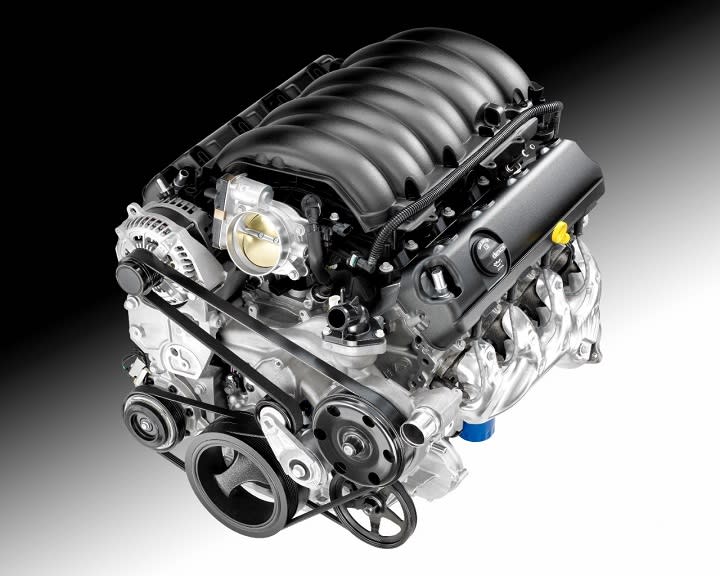GM and Tula Technology to Boost V-8 Fuel Economy in Next Few Years
Imagine boosting fuel economy in a V-8-powered large SUV by as much as 21%. General Motors (GM) is currently working with Delphi Automotive, a major global automotive supplier and also a key GM supplier, to do just that. This significant fuel-economy improvement may be possible in the near future using a new technology that can deactivate most of an engine’s cylinders during highway cruising. At the same time, the new technology could reduce emissions by nearly the same percentage.
Called Dynamic Skip Fire (DSF), the new cylinder-deactivation system developed by Tula Technology Inc., a small start-up software company in San Jose, Calif., is being tested by Delphi. GM first invested in Tula three years ago, and just this month Delphi announced that it also is adding to its investment in Tula to commercialize the fuel-saving engine software. R. Scott Bailey, president and CEO of Tula, said “Delphi's strong expertise in engine management systems and valvetrain components will help us to further optimize the overall performance of DSF and accelerate the deployment of our unique technology for 3-, 4-, 6-, and 8-cylinder engines."

The new cylinder-deactivation system not only improves fuel efficiency, but also manages engine noise, vibration, and harshness, according to Tula officials. It is likely to be available within five years, first in GM products, according to Tula and GM. DSF allows an SUV, such as a Chevrolet Tahoe, to travel at highway speed with the engine using only two of its eight cylinders. Recently, reporters and auto experts were given a look at the new technology in Detroit, Mich., and at the recent Frankfurt Motor Show.
The system works by shutting down cylinders at different times to allow smoother driving and air intake. DSF shuts down six of the cylinders on a V-8 during long cruises. Engineers tested the system using a GMC Yukon Denali powered by a 6.2-liter V-8. The current average fuel-economy ratings from the EPA for the Yukon are 15 mpg city/21 mpg highway. The DSF management system could potentially increase fuel economy to more than 25 mpg on the highway.
“Fuel economy savings of 21 percent is the magnitude of improvement consumers are looking for. Technologies that have incremental improvement only have been scrutinized for their realized value for the consumer,” said Kristin Kolodge, executive director, Driver Interaction (HMI) at J.D. Power.
Depending on the size of the engine, an automaker’s cost to install DSF would range between $300 and $600 per engine, according to estimates provided by Tula and Delphi.
Abstract:
General Motors is currently working with Delphi Automotive, a major global automotive supplier and also a key GM supplier, to improve the fuel economy of its engines by as much as 21%.

 Yahoo Autos
Yahoo Autos 
